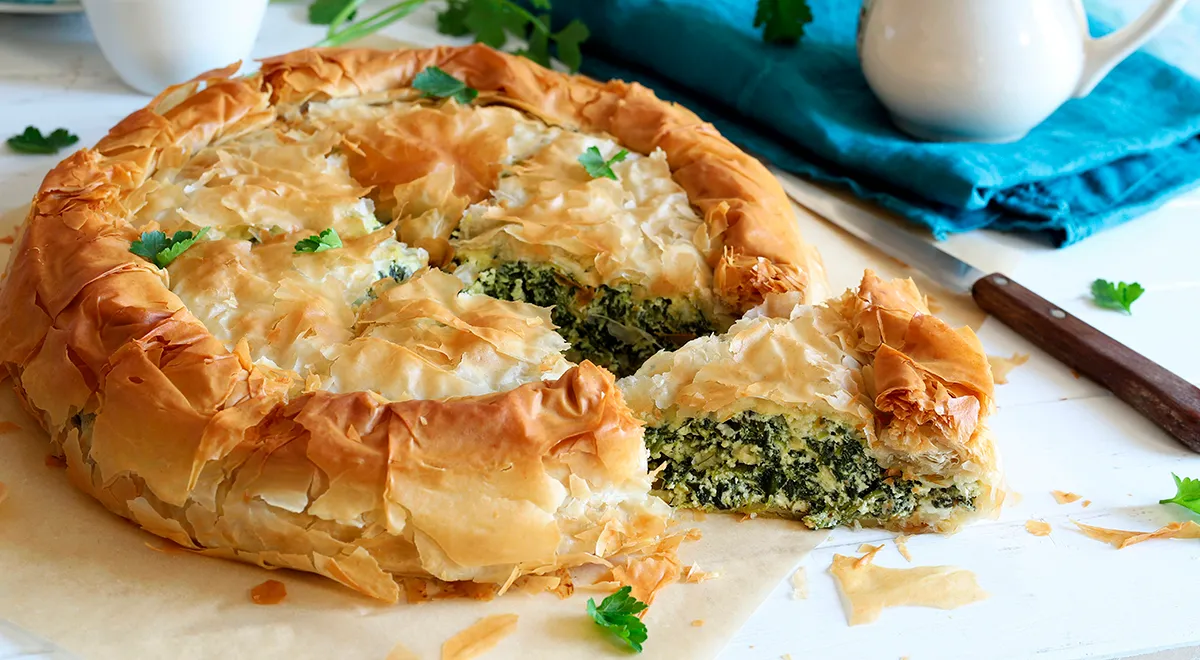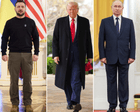Can U.S. President make Russia stop?
global.espreso.tv
Thu, 07 Aug 2025 11:16:00 +0300

A massive combined missile and drone attack on Kyiv occurred almost immediately after President Trump announced he was shortening his ultimatum to Russian leader Putin from fifty to ten days — the deadline set to end the Russia-Ukraine war. After this deadline expires, the United States is expected to impose new sanctions on Russia and its energy partners.Putin’s response to this reduction demonstrates his complete disregard for the American president’s desire to end the war. With every attack, every new explosion in Kyiv and other Ukrainian cities, the Russian leader emphasizes his readiness to continue a war of attrition for as long as he wishes. He shows that no ultimatums from his American counterpart can change the decisions he has made.Of course, this became clear immediately after Donald Trump’s return to the Oval Office. From the very beginning, negotiations with Putin were just a diplomatic facade for the Kremlin, a way to buy time — time needed to prepare for an offensive, for new attacks on Ukrainian territory. This was noted even then. After their sixth phone call, Trump himself understood this.Obviously, when the American president announced his fifty-day ultimatum, he hoped for serious dialogue with Putin that would end with a ceasefire. But what happened was exactly what was expected: Putin ignored the ultimatum and paid no attention to the threats. Only after Trump shortened the deadline to ten days did the Russian leader sarcastically comment on the situation at a joint press conference with Lukashenko, noting that “disappointment arises from high expectations.” In other words, Putin himself described Trump’s attempts to end the war through dialogue as naive. And in this, it must be admitted, he proved to be much more realistic than his American counterpart.So what should Trump do now? The American president himself acknowledges that the sanctions he plans to impose on Russia and its energy partners may not have the desired effect. Yes, the volumes of oil Russia currently sells to Global South countries may decrease, and revenue to the Russian budget may shrink. But this will definitely not be enough to force Putin to stop the war in the near future, at least within Trump’s presidential term.Can the American president force Russia to stop? In my opinion, yes, he can. But only if he stops being a peacemaker-mediator and becomes a true ally of Ukraine.After all, Ukraine needs modern weapons. It needs air defense systems. It needs means to destroy Russia’s strategic targets — to turn oil refineries, military-industrial enterprises, and military airfields to ashes. A dragon stops killing only when its teeth are pulled out. As long as it has them, it will use them.But for this, an ambitious aid program for Ukraine is needed. Not agreements with Europe to buy American weapons for Ukraine’s needs, but direct supplies worth billions of dollars — U.S. budget expenditures. Assistance to Ukraine and the collapse of Russia’s military efforts must become a priority for the Trump administration. Otherwise, the war will continue even after he leaves the White House. And most dangerously, the national security of the United States itself will be undermined.The threats the Kremlin sends through former President Medvedev are not empty words. They signal a real readiness for confrontation with the West, which could ultimately lead to the use of nuclear weapons. And it remains a question who will dare to use it first — Putin or Trump. The lives of tens of millions of Americans, who could become victims of nuclear winter, depend on this.And to avoid this, today what is needed is not even the efforts of American soldiers — it’s simply money. Money to support the country that is holding back a common threat. Because this threat is not only to Ukraine — it is a threat to the United States itself and to its European allies. In my opinion, the events of recent weeks have clearly demonstrated this.SourceAbout the author. Vitaly Portnikov, journalist and laureate of the Shevchenko National Prize of Ukraine.The editorial team does not always share the opinions expressed by blog or column authors.





